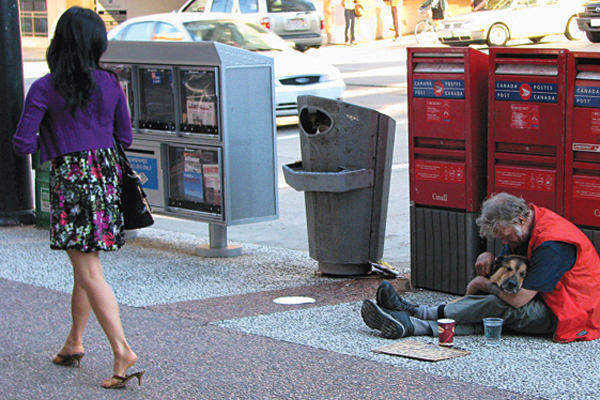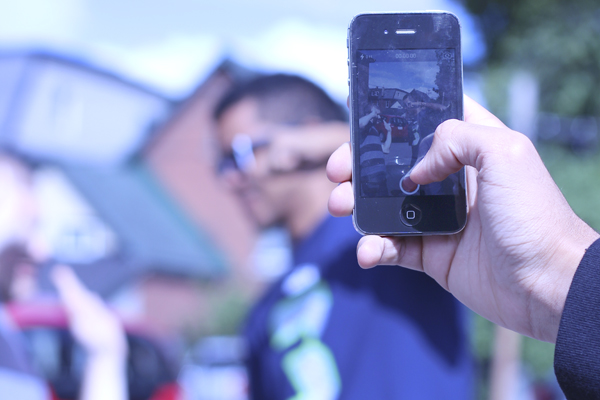Movement is a step forward in online climate activism
Some time ago I wrote an article complaining about the plastic straw ban. I did this partly because I’m an angry old man, but mostly because I was worried about complacency. It should be obvious to everyone by now that global warming is a problem that requires society-shifting changes, such as massive infrastructure rehauls, inconceivably expensive policies and investments, and social protest on a consistent basis to keep the changes coming.
We need to keep our eye on the big picture, and my initial concern with the plastic straw ban was that people would pat themselves on the back for doing, in the big picture, absolutely nothing.
Moreover, it was a ‘protest’ that demanded nothing of the participant except that they send out a tweet. If the straw ban was setting the precedent for the amount of personal agency and responsibility people were willing to assume to fight global warming, then we better get used to the heat.
In hindsight, I think I was wrong to grumpily complain about the straw ban. It was undoubtedly, at the very minimum, at least going in the right direction: Uniting people online to act to prevent or reduce the impacts of climate change. But now we’re seeing a new environmentally conscious social media movement that is the logical conclusion of such a path, focusing more on action than an empty, symbolic gesture: the #trashtag.
Instead of letting people just talk the talk, the #trashtag also makes people walk the walk.
The #trashtag challenge gets people off of their phones and into the filth. The challenge, simply put, is to go into any area scattered with litter and garbage, take a picture, clean up all the garbage, and take another picture. It means actually getting outside and cleaning up, whether it be a beach, or a park, or a playground, or whatever plot of land has fallen into bad times.
In every case, the results speak for themselves. The challenge serves as a reminder of two very important principles.
Firstly, we have to hold ourselves to a higher standard. The key word here is complacency. No one person trashes a once beautiful beach, but we all contribute in our small little way. Then we lament about how that once beautiful beach turned into a garbage dump, but do nothing about it. We hope that maybe someday, the owner or maybe the government will clean it up because it’s really such a shame.
Such a willingness to defer personal responsibility to other people is at the core of complacency. The first step to making a real change is actually assuming some agency and doing something yourself. Not sending a tweet, but actually contributing to the betterment of the world in some real way, and hoping others will pay it forward.
Secondly, the #trashtag challenge is important because it shows us just how easy a worthwhile activity can be. Most of the #trashtag participants only spent an hour or less cleaning up. It’s truly remarkable to see what difference a couple of garbage bags and a few friends can make.
While the plastic straw ban had me very concerned about the future of the fight to stop global warming, the #trashtag challenge seems like a great step in the right direction. It means more and more people are finally assuming agency, and willing to put their time and energy where their mouth is.





